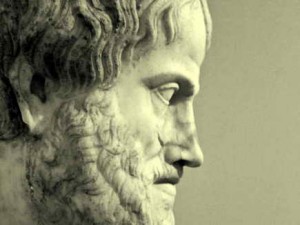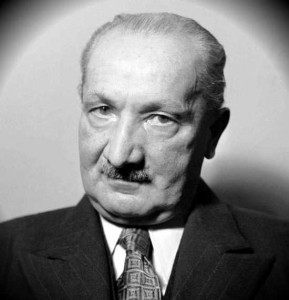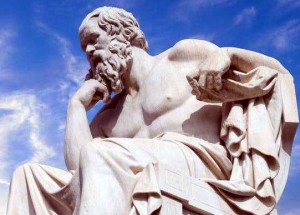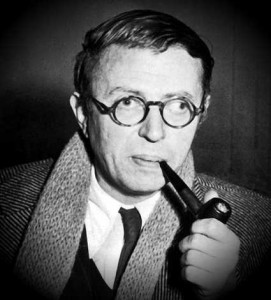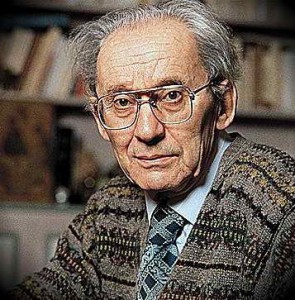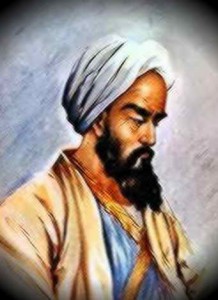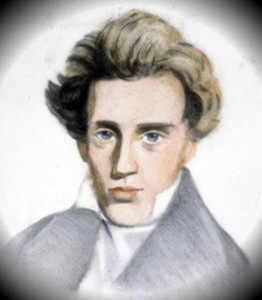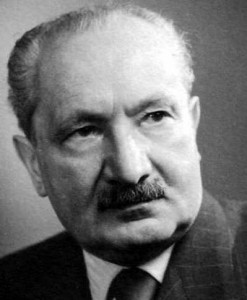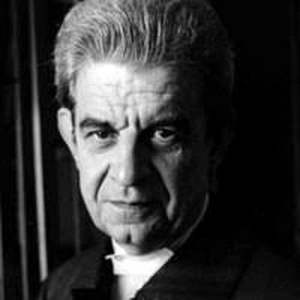 In his seminar «La b?te et le souverain» Derrida shows that the philosophical position of many thinkers with respect to animality is compound and ambiguous.
In his seminar «La b?te et le souverain» Derrida shows that the philosophical position of many thinkers with respect to animality is compound and ambiguous.
The “Lacan case” has especially complicated matters.
The paper analyzes this delicate lacanian stance through its convoluted and retorse arguments. Continue reading


